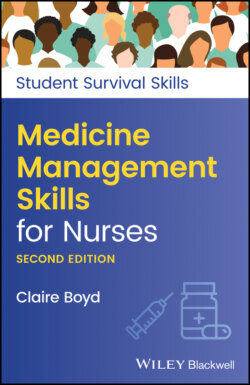Читать книгу Medicine Management Skills for Nurses - Claire Boyd - Страница 32
COMPLEMENTARY MEDICATION
ОглавлениеWhat about complementary medication? As well as a nurse/nurse educator, I am also a complementary therapist and I am surprised at the number of individuals taking ‘natural’ remedies and not being aware of their interactions with more mainstream medications: Anticoagulants may react with ginseng, ginkgo Biloba (for improved memory and brain circulation) and should be discontinued 36 hours prior to surgery. Other complementary remedies that need to be considered in the conventional healthcare environment are:
Homoeopathic remedies – individuals may be advised to avoid coffee, peppermint, or menthol as these substances may counteract the effect of the homoeopathic remedy.
St. Johns Wort – which is often used to treat depression, may be harmful for individuals with bipolar disease as it may induce mania.
Liquorice root – should be avoided for those with chronic heart failure and those with hypertension.
Other food/drug interactions can be seen in Chapter 2. Very often complementary therapies are referred to as ‘alternative therapy’ as they may not be considered part of mainstream healthcare and this is known as CAMS (Complimentary and Alternative Medicine). If in any doubt speak to a pharmacist who can give advice. Never give a drug if you are unsure. Seek advice. Table 1.1 lists many of the complementary therapies which patients may discuss with you. See how many you have heard of:
